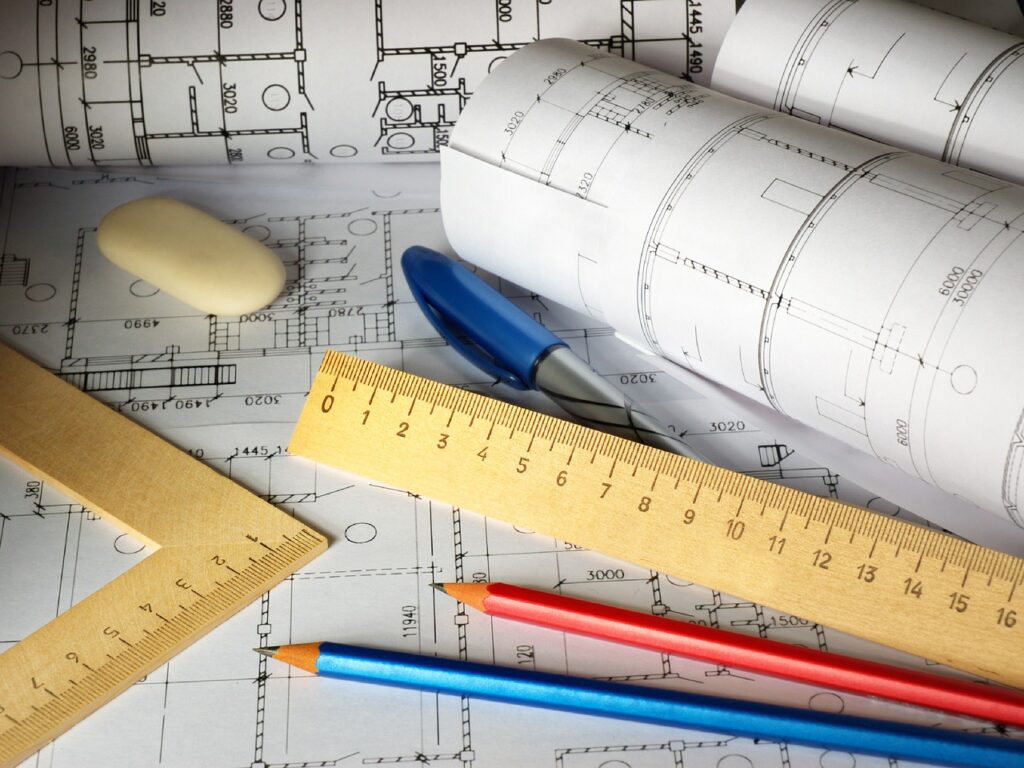
There are a number of requirements for getting a general contractor license in Florida. Among these are proof of financial stability and work experience. The general contractor must submit both a business and personal credit score, as well as a surety bond. Applicants with low credit scores will have to secure a surety bond to demonstrate their reliability. The applicant must also have four years of experience in the trade before applying for a license.
Application process
There are several steps in the process of applying for a general contractor license in Florida. In addition to passing an examination, contractors must also secure the required insurance coverage and register with the appropriate agencies. For example, a contractor who has low credit must purchase a surety bond to be able to provide services. In addition, work experience is an essential requirement for getting licensed. In Florida, a contractor must have a minimum of four years of experience in their trade to be eligible for licensing.
The first step in the application process is to demonstrate your experience. For a Florida general contractor license, applicants should have at least four years of experience, with at least three of those years being in a supervisory capacity. This can include work experience from an apprenticeship or college. Other licenses may require additional experience. After completing the experience requirements, applicants must pass the Florida Licensing exam, which contains questions pertaining to the duties of a general contractor. Then, they must submit a number of personal and financial documents that prove their qualifications.
General contractor licenses are required in Florida when a contractor performs work on the exterior or interior of a building. They are also required for work over $500. In Florida, the Department of Business and Professional Regulation issues these licenses. A general contractor license is essential for painters, plumbers, HVAC contractors, and electricians.
If you are a non-resident, you must acquire a non-resident residential contractor license. This license is available for contractors who do not live in Florida but want to carry out construction in the state. A non-resident residential contractor license costs $250 and is valid in any county of the state. However, Florida's Department of Business and Professional Regulation does not issue non-resident licenses to contractors who maintain their office in Puerto Rico. If you are planning to start a general contractor business in the state, you must obtain a non-resident residential contractor license before attempting to conduct work on a property. The Department of Business and Professional Regulation has a website where you can find more information on the process and where to apply for it.
After receiving your license, you must register your company. You must also register a business entity to be able to conduct construction work. Small businesses should register with the Department of Revenue and the Division of Corporations.
Scope of work
A Florida general contractor license covers a wide range of projects. Typically, a general contractor is responsible for plumbing, sheet metal, electrical, and mechanical work. In addition, a licensed contractor can perform air conditioning work and swimming pool maintenance. However, if a general contractor is not licensed to perform these tasks, they could face penalties and disciplinary action.
The Florida Legislature has made it a legal requirement for the construction industry to be regulated, establishing standards for licensing. Those wishing to enter the construction industry must obtain a Florida general contractor license. In Florida, a CGC license holder can perform construction work for other contractors, or self-perform certain types of projects.
A licensed Florida general contractor may perform structural work as well as site work. In addition, he or she may perform concrete and steel work. Licensed general contractors may also perform excavation and clearing work. In addition, a general contractor can supervise the work of a licensed subcontractor.
Florida general contractor licenses cover remodeling and construction work on structures up to three stories in height. Certified Residential Contractors, on the other hand, are limited to building and remodeling residential structures. A CGC is required for any new residential construction or remodeling work above three stories. If you're looking to remodel a building, it's important to understand what licenses you need to get.
Requirements
In order to obtain a general contractor license in Florida, you need to prove your financial stability and experience in the trade. This can be done by submitting your business and personal credit score. If your score is low, you will also need to submit a surety bond. Besides the financial background, work experience is also an essential requirement. You need to have a minimum of four years of experience in the trade.
You can also earn some valuable experience by working as a general contractor without a license. This will allow you to establish your brand name and marketing materials, which can attract new customers and prepare you for the licensing exam. Moreover, you will be required to renew your license every two years.
In order to obtain a general contractor license, you need to pass a written and oral exam. After passing these two tests, you can apply for a license by visiting the Department of Business and Professional Regulation. This process takes at least six to eight months. You can also contact the department directly, but it may take longer. You can apply online, by phone, or via email. Make sure you have legal residency in the US before applying for a license.
To become a general contractor in Florida, you must be 18 years old, have four years of experience, and a net income between $2,500 and $20,000. You must also be insured against liability and worker's compensation. You should also register your business entity in Florida with the Department of Revenue or Division of Corporations.
Applicants must be at least 18 years old and have a college degree in building construction or a related field. Then, they must complete two years of construction experience, in supervisory or managerial positions. The last year should be in a supervisory capacity. However, if you don't have these qualifications, you can substitute college degrees or other related work experience.
Those with the necessary qualifications can apply for a license by applying online or attending a course. For business owners who have their own company, they can also apply as a sole proprietor, partnership, or corporation. If you're working as a sole proprietor, you must have a substantial financial interest in the company. If you have a corporate entity, you should have one or more Qualifying Agents.
